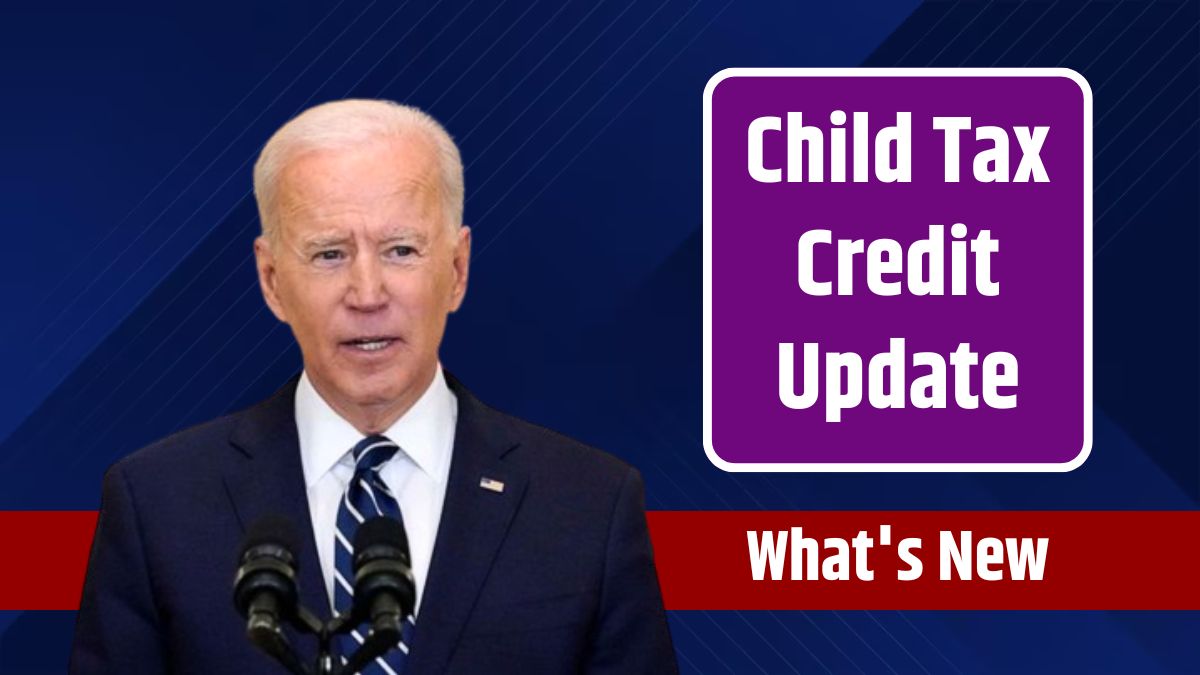The Child Tax Credit (CTC) has been a crucial financial aid for many American families, providing relief and support in raising children. As of August 2024, a significant vote in the Senate could determine the future of this credit. Senate Majority Leader Chuck Schumer plans to bring a House bill focused on expanding the CTC to the upper chamber. Despite the bill’s importance, its approval is uncertain.
The “Tax Relief for American Families and Workers Act,” which includes provisions for expanding the CTC, has already passed the House with strong bipartisan support, receiving a vote of 357-70. However, the Senate presents a more challenging landscape, with experts predicting a tough battle ahead.
Contents
- 1 CTC Cap Proposal
- 2 Expanding the CTC
- 3 Support and Opposition
- 4 Political Landscape
- 4.1 FAQs
- 4.2 What is the current cap for the Child Tax Credit?
- 4.3 Social Security Maximum Benefit for Full Retirement Age Workers – Changes Following the 2025 COLA Increase
- 4.4 Who proposed the Tax Relief for American Families and Workers Act?
- 4.5 What is the stance of Senate Republicans on the bill?
- 4.6 Why is the upcoming Senate vote significant?
- 4.7 What might happen if the bill does not pass?
CTC Cap Proposal
The proposed legislation seeks to increase the CTC cap from $1,600, aligning it more closely with inflation. This bill also includes tax breaks for businesses, initially introduced by Republicans seven years ago. Although passing the bill seems unlikely, the upcoming vote will serve as a critical indicator of Republican priorities concerning the CTC and could offer insights into future legislative negotiations.
Senator Schumer emphasized the importance of this vote, stating that it would reveal who genuinely supports expanding the CTC to reduce child poverty and who opposes it. This vote’s outcome will be particularly telling in the context of an election year, where party lines often dictate support more than policy details.
Expanding the CTC
Financial literacy expert Alex Beene highlighted that the bill aims to expand the current CTC while reinstating some popular tax credits for both businesses and families. Under normal circumstances, this would likely lead to a bipartisan victory. However, with the upcoming election, support is becoming increasingly partisan, focusing on party alignment rather than taxpayer needs.
Beene also expressed concern over the consequences of the bill not advancing. The failure to pass the legislation could mean fewer financial resources for taxpayers, highlighting the urgency for legislative action.
Support and Opposition
The “Tax Relief for American Families and Workers Act” has been praised as beneficial for various groups, including children, small businesses, and families. Schumer and other Democrats hope that Senate Republicans will join them in supporting the bill, mirroring the House’s overwhelming support.
However, some Senate Republicans, particularly those with more conservative views, remain skeptical. The bill, co-sponsored by Senate Finance Committee Chair Ron Wyden (D-OR) and House Ways and Means Committee Chair Jason Smith (R-MO), faces opposition mainly due to changes in work requirements for the CTC.
Senator John Cornyn (R-TX) expects that Republicans will unite to prevent the bill’s passage. Similarly, Senator John Thune (R-SD), the Senate minority whip, emphasized the need for a legislative process allowing amendments to address and fix existing issues.
Political Landscape
As Senate Republicans prepare for potential shifts in political power, they remain optimistic about achieving better tax rulings next year, particularly concerning the expiration of Trump-era tax cuts. Thune suggested that with a Republican majority, the bill’s provisions could be more favorable, reflecting a strategic approach to future legislative negotiations.
The debate around the CTC also reveals differing perspectives on family support. Senator JD Vance (R-OH) recently commented on Vice President Kamala Harris’s stance on the CTC, suggesting she aims to end it, despite the Biden administration’s previous efforts to expand it. This controversy underscores the contrasting approaches between the current administration and their predecessors regarding tax legislation and support for families.
FAQs
What is the current cap for the Child Tax Credit?
It is currently $1,600.
Who proposed the Tax Relief for American Families and Workers Act?
Senators Ron Wyden and Jason Smith proposed it.
What is the stance of Senate Republicans on the bill?
Many are cautious and potentially opposed.
Why is the upcoming Senate vote significant?
It will reveal party positions on the Child Tax Credit.
What might happen if the bill does not pass?
There could be fewer financial resources for taxpayers.













